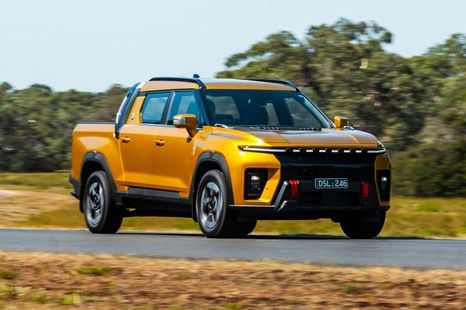

Ben Zachariah
2026 KGM Musso EV review
3 Hours Ago

News Editor
JLR chief creative officer Gerry McGovern has made some scathing remarks about Jaguar’s outgoing brand strategy as it pivots to becoming a more exclusive marque.
“What we won’t worry about is being loved by everybody, because that’s the kiss of death,” Gerry McGovern told investors at a conference in remarks reported by Autocar, warning this is a recipe for “mediocrity”.
“That’s what’s put Jaguar where it is today with, which is with no equity whatsoever.”
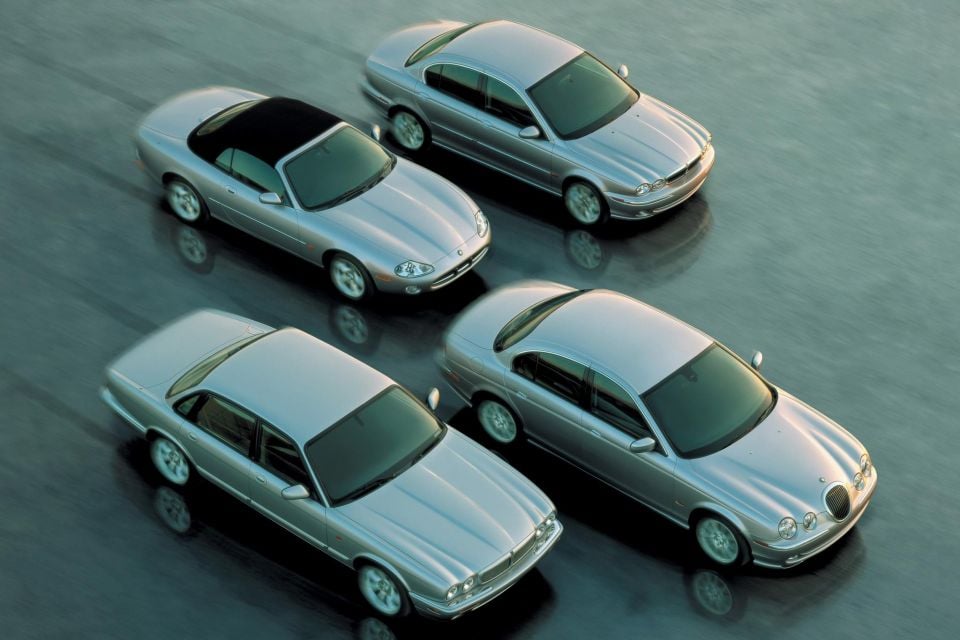
Jaguar had long been a two-model brand, but in the 2000s it was expanded to include more affordable X-Type and S-Type models, neither of which ended up meeting sales targets.
That didn’t stop Jaguar from having a crack once again at higher-volume segments with XE and XF successors for these models, plus the E-Pace and F-Pace SUVs.
But Jaguar wants to return to a smaller, more prestigious line-up, with McGovern specifically referencing the salad days of the 1990s.
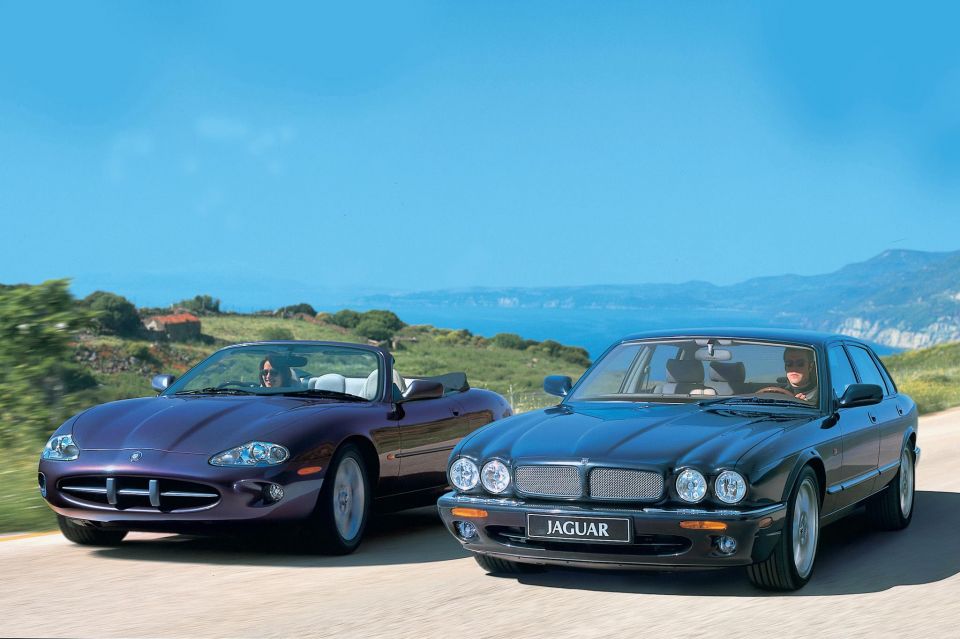
“This brand was incredibly successful in North America 25 years ago before we took the compromises and the decisions we made,” he said.
“A lower-volume, higher-price positioning is absolutely the right position for Jaguar today.
“There has been a [25-year] void in between. So it’s reasonable to assume there’s a lot of work to build that brand equity.”
While under previous CEO Thierry Bollore, JLR ended development of a new-generation XJ flagship sedan which would have offered electric power, and announced the iconic brand would become a high-end EV-only brand from 2025.

The company has been tight-lipped with details on its planned renaissance, but it has confirmed it will launch a four-door grand tourer in 2025 with a range of around 700km and a starting price in the UK of £100,000 (A$189,000).
It will be followed by two additional vehicles, potentially SUVs, with the trio to use a new platform called the Jaguar Electric Architecture. This was previously referred to as Panthera, and JLR had said it was working with Magna on its development.
They will be built at JLR’s Solihull plant in the UK, which currently produces the F-Pace and the Range Rover and Range Rover Sport.
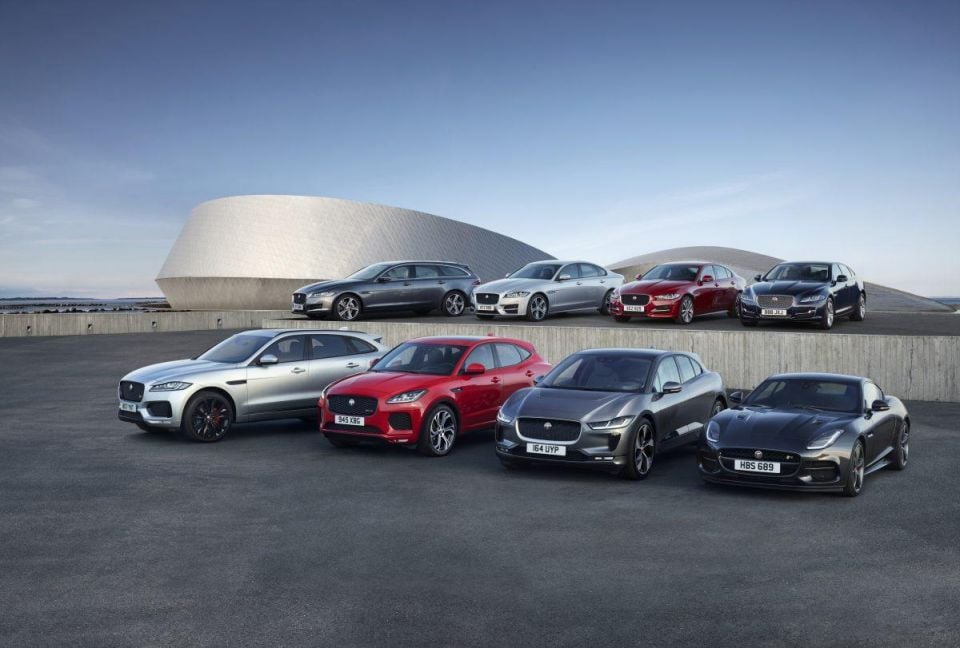
The company promises they will feature breathtaking designs.
“When Jaguars appear for the first time, they need to have that jaw-dropping moment: ‘Wow, Jesus, what’s that?’” McGovern said.
“I don’t think I’ve had any failures and I didn’t feel like having a failure with Jaguar,” he added.
Adrian Mardell, recently appointed as CEO after serving for several months in an acting capacity, predicts £200 million (A$379 million) in monthly revenue for the brand with a target “above” £300 million (A$569 million).
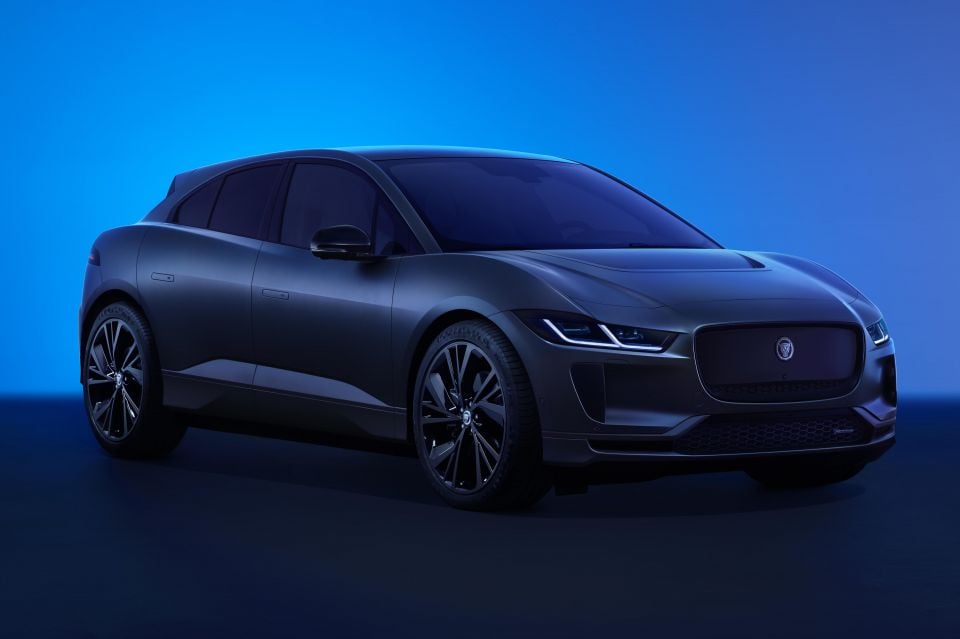
Based on this, Autocar speculates Jaguar’s sales target could be between 24,000 and 36,000 vehicles annually. That would be the lowest figure since Tata acquired Jaguar from Ford in 2008, but still around double the volume of Bentley.
Sales of models like the XE, XF and E-Pace, as well as the electric I-Pace, continue to fall, and Jaguar has pulled out of markets like South Korea.
All of Jaguar’s current models are expected to be discontinued without replacement by 2025, though the I-Pace has potential to linger on as it’s electric and JLR’s contract with Magna, which builds the crossover in Austria, doesn’t end until 2027.
Jaguar has been slow to follow up its I-Pace with another EV.
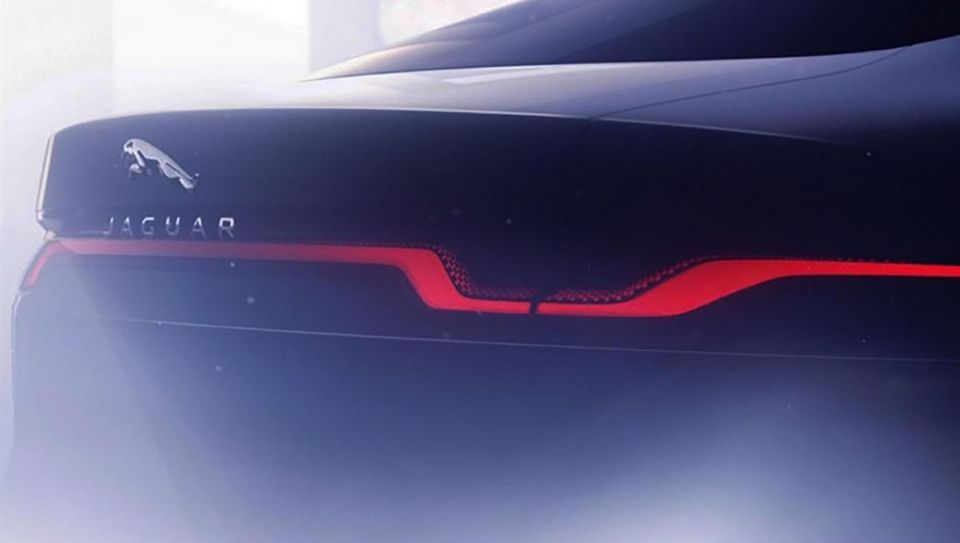
“Reimagine is about being one step ahead on compliance. The current MLA program would not have done that for us,” then-CFO Mardell said last year, referring to the scrapped next-generation XJ sedan.
“We would have been in catch-up in this compliance and that just isn’t good enough in this industry today.
“[The XJ] will not be ahead of the tech curve. It wouldn’t have that modern luxury, that future Jaguar vision, that drop-dead aspiration that we need to make this brand work.
“That’s why the brand worked 30 years ago, 40 years ago. We have got to capture that for this to be actually cash generative and EBIT positive. So we had to make a tough decision.”
Go deeper on the cars in our Showroom, compare your options, or see what a great deal looks like with help from our New Car Specialists.
William Stopford is an automotive journalist with a passion for mainstream cars, automotive history and overseas auto markets.


Ben Zachariah
3 Hours Ago


James Wong
3 Hours Ago
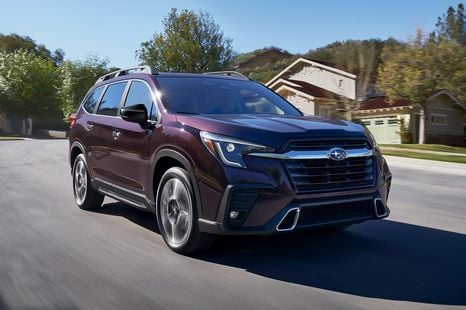

James Wong
3 Hours Ago
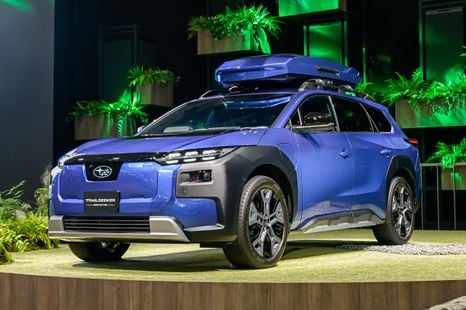

James Wong
3 Hours Ago
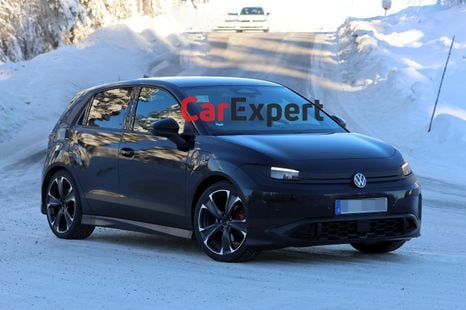

Damion Smy
10 Hours Ago
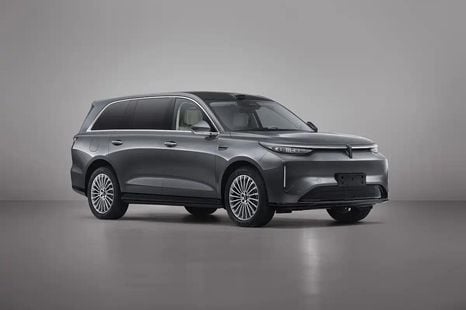

William Stopford
11 Hours Ago
Add CarExpert as a Preferred Source on Google so your search results prioritise writing by actual experts, not AI.